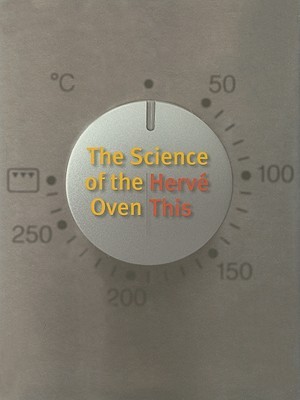I just finished reading
Jay Rosen’s fantastic piece on his reactions to the 2016 Presidential election which he wrote just before the election itself. It has a stunning take on what was going on before the election and indicates to a great extent why things have gone so drastically wrong. For those who are heavily concerned with what has happened, it also directly indicates a large part of what was missed and therefore provides the base problem so that we might all do a better job of protecting against it in the near future.
In part, he discusses the concept of fact checking and why Trump didn’t appear to care if anyone was fact checking his statements. Personally, the blatant lies that he was telling on a regular basis were even more disconcerting to me than some of this less than civil behavior. Rosen goes into some reasonable depth on this particular issue and its recent history which is very illuminating. Sadly it doesn’t make me any more happy about our present situation.
Yesterday I read something by a philosopher, Jason Stanley, that illuminated what I mean by “a miss bigger than a missed story.” Beyond Lying: Donald Trump’s Authoritarian Reality. Stanley made the point that fact checking Trump in a way missed the point. Trump was not trying to make reference to reality in what he said to win votes. He was trying to substitute “his” reality for the one depicted in news reports.
“On a certain level, the media lacked the vocabulary to describe what was happening,” Stanley writes. And I agree with that. He compares what Trump did to totalitarian propaganda, which does not attempt to depict the world but rather substitutes for it a ruthlessly coherent counter-narrative that is untroubled by any contradiction between itself and people’s experience.
I find large portions of the Trump narrative similar to the story of “The emperor with no clothes.” Reality may be what you can manage to get others to believe, but in a reasonable democracy truth must manage to win out. While I think that it’s almost certainly the case that a small minority of the populace really wanted to vote for Trump, how did he manage to capture the remainder? The “I won’t vote for Hilary segment” certainly gave him an additional fraction of the vote. Then people who were traditional Republicans who couldn’t bring themselves to vote Democrat added another piece of the pie. (Sadly, some of those who repudiated him during the end of the campaign seem to be falling right back in line for their piece of patronage.) Many are simply hurting and want to believe anyone who will give them someone to blame for it and a possible glimmer of a solution. Sadly, I expect these last people to be hurt the most at the end of the day when they realize too late that the emperor is naked.
But other than outright lying, how did Trump connect with some of the electorate? I’ve written before on Trump’s use of doubletalk, which I still feel is a significant factor in his capturing a large part of the populace. See also: Complexity isn’t a Vice: 10 Word Answers and Doubletalk in Election 2016 for this argument. Rosen’s discussion of facts is, to me, the other major missing piece.
I also wonder if it’s possibly the case that in an ever sub-specializing world that people have somehow lost the time, effort, or even inclination to attempt to put all of the facts together themselves to create a cohesive whole? Instead they rely on others to manufacture these stories on their behalf and thereby make it easier for such totalitarian propaganda to insert itself.
Perhaps the working men and women of the country aren’t spending time reading the paper anymore? It’s certainly easier to read third and fourth party stories on Twitter, Facebook, or listen to infotainment in the later hours on Fox News, MSNBC, or CNN. Why try to follow more direct sources when we can read Facebook and worry about who’s going to win this season of The Voice or The Bachelor?
As the workforce of the world continues to subspecialize, we’re going to need to be able to trust our political leaders more and more, not less and less.
[Totalitarian propaganda]’s open distortion of reality is both its greatest strength and greatest weakness.
The question is: how can we exploit the weaknesses to make the problem apparent to those who are too easily willing to believe?
What’s unusual about Trump is he’s a leading candidate and he seems to have no interest in getting important things factually correct.
It’s one thing to lie for political advantage. It’s another to keep lying to prove you have the power.
I’m hoping that some of the electorate realizes that things aren’t improving for them any time soon before too much significant damage has been done. Just because you believe a thing doesn’t make it true or even a fact.
I’d highlighted the concept before, but perhaps it’s a good time to remind people again:
No, It’s Not Your Opinion. You’re Just Wrong. | Houston Press
Before you crouch behind your Shield of Opinion you need to ask yourself two questions: 1. Is this actually an opinion? 2. If it is an opinion how informed is it and why do I hold it?
